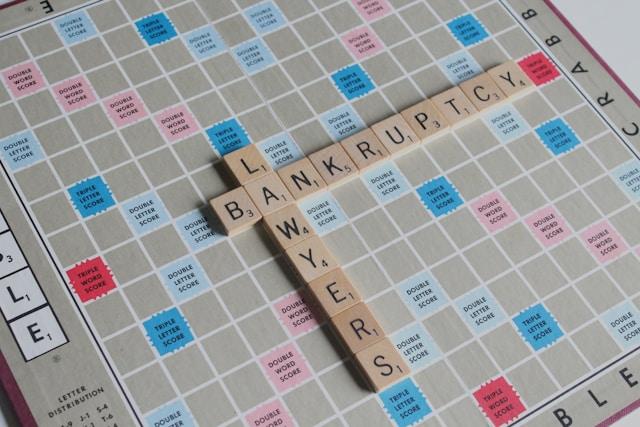Ultimate Guide to Examining the Pros and Cons of Bankruptcy Declarations
Are you struggling with overwhelming debt and searching for a solution to financial stability? Bankruptcy may have crossed your mind as an option, but before jumping to a conclusion, you must fully examine the pros and cons. Bankruptcy is a legal process that helps individuals and businesses eliminate or restructure their debt when they are unable to pay it back. While it can provide relief from financial strain, there are also potential consequences that should be carefully considered — read on to find out all about it!
Pros
No one wants to find themselves in such a scenario, but if you do, these are the potential benefits of declaring bankruptcy.
Debt Relief
When you declare bankruptcy, one of the most significant benefits is immediate relief from creditor harassment and collection calls. The court issues an automatic stay that legally prohibits creditors from contacting you, giving you much-needed peace of mind. You can even choose to work with a bankruptcy trustee like Fox Miles Associates who can handle all communication with creditors on your behalf. The trustee will oversee the liquidation of non-exempt assets in a Chapter 7 bankruptcy or the repayment plan in a Chapter 13 bankruptcy so you can focus on rebuilding your financial future.
Reduced Stress
Beyond the immediate relief from creditor harassment, declaring bankruptcy can also significantly reduce stress levels. Financial struggles can take a severe toll on your mental health, leading to anxiety and depression.
Once you file for bankruptcy, you gain a structured path to resolve your debt issues, which can alleviate the constant worry about how to make ends meet. The stress reduction that comes with it makes your sleep better, your work more focused, and your overall mood improved.
Improved Credit Over Time
Bankruptcy has a significant impact on your credit score in the short term, but it also offers potential for improvement in the long run. When you eliminate or restructure your debt, you gain financial stability and rebuild your credit over time. It may take some time and effort, but with responsible financial habits, you can gradually improve your credit score.
Fresh Start
The most significant advantage of bankruptcy is the opportunity for a fresh start. It allows individuals to wipe out their debt and start over with a clean slate. While this may come with some consequences, it can be an excellent option for those who have exhausted all other debt-relief options.
Cons
Now that you are aware of the potential benefits, it is essential to consider the possible drawbacks of bankruptcy.
Loss of Property
One of the most significant drawbacks of declaring bankruptcy is the loss of property. In a Chapter 7 bankruptcy, non-exempt assets are sold to pay off creditors, which can include possessions such as a home or car. This can be devastating if you have sentimental attachments to these items or rely on them for daily living.
Impact on Credit Score
Another major downside of declaring bankruptcy is the immediate and substantial impact on your credit score. Bankruptcy can remain on your credit report for up to ten years, making it difficult to secure loans, mortgages, or even rental agreements during this period. Sure, it offers the chance for a fresh start, but the road to rebuilding credit is long and challenging. You may need to rely on secured credit cards or loans with higher interest rates initially. This drop in creditworthiness can affect various aspects of your financial life, requiring careful planning and disciplined financial management.
Public Record
Bankruptcy is a public record, meaning that anyone can access information about your financial situation and bankruptcy filing. This lack of privacy may not be a major concern for some, but it can cause embarrassment and potentially affect personal and professional relationships.
Picture this: you are applying for a new job, and the employer runs a background check that reveals your bankruptcy filing. It could harm your chances of securing the position, even if it was due to circumstances beyond your control.
Emotional Impact
Perhaps the most overlooked consequence of bankruptcy is the emotional toll it can take on individuals and families. It can be a difficult decision to make, and many people struggle with feelings of guilt, shame, and failure.
Moreover, if you have co-signed loans or joint accounts with family members or friends, your bankruptcy filing may affect their credit as well. This can result in strained relationships and feelings of resentment.
As you can see, declaring bankruptcy has its advantages and disadvantages. It is essential to carefully consider your options and consult with a financial advisor or bankruptcy lawyer before making a decision. Bankruptcy should be viewed as a last resort after exploring other debt-relief avenues, such as debt consolidation or negotiating with creditors.
If you do decide to declare bankruptcy, make sure to educate yourself on the process and its potential consequences. With proper planning and a responsible approach to managing finances, you can overcome the challenges of bankruptcy and emerge with a fresh start toward financial stability.

